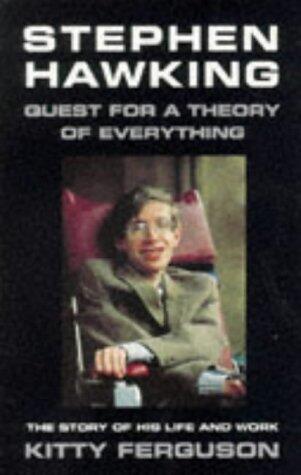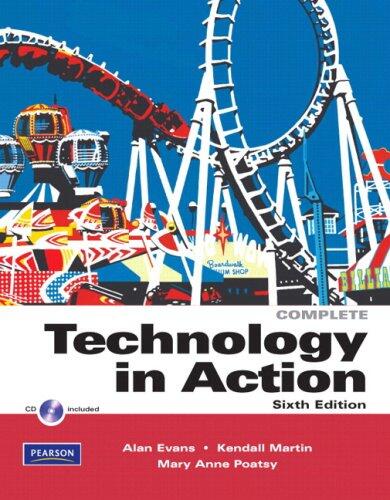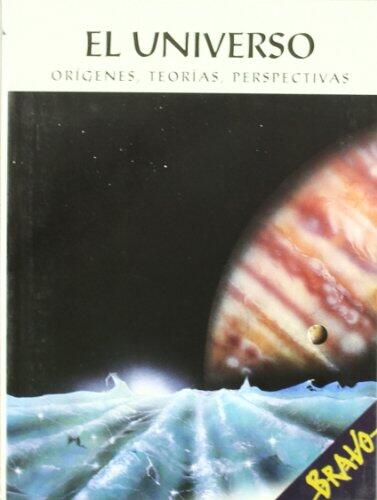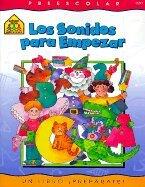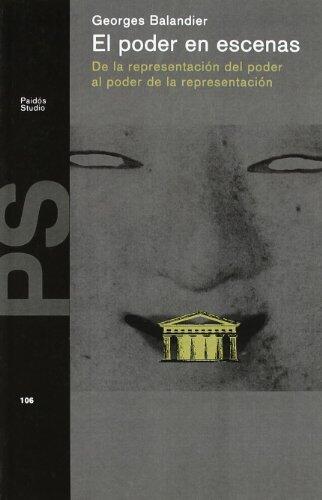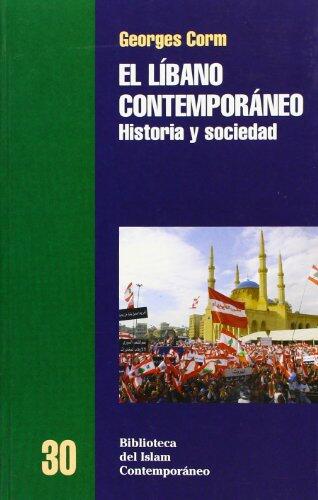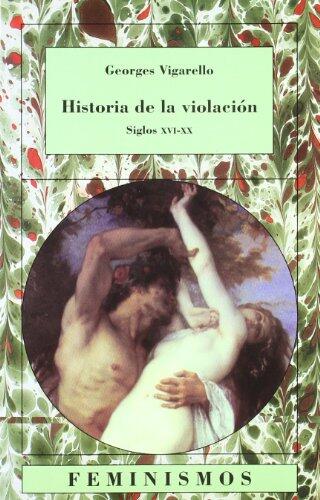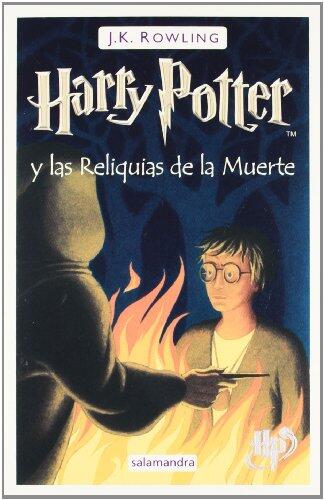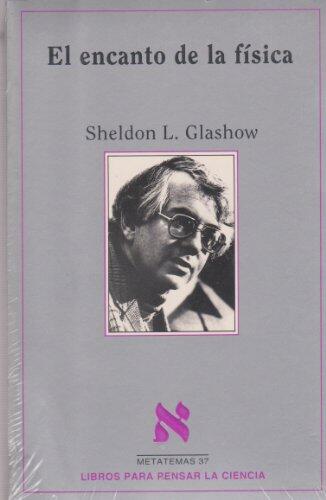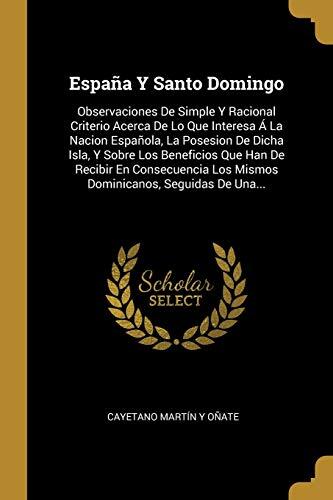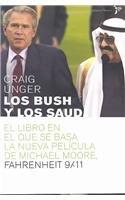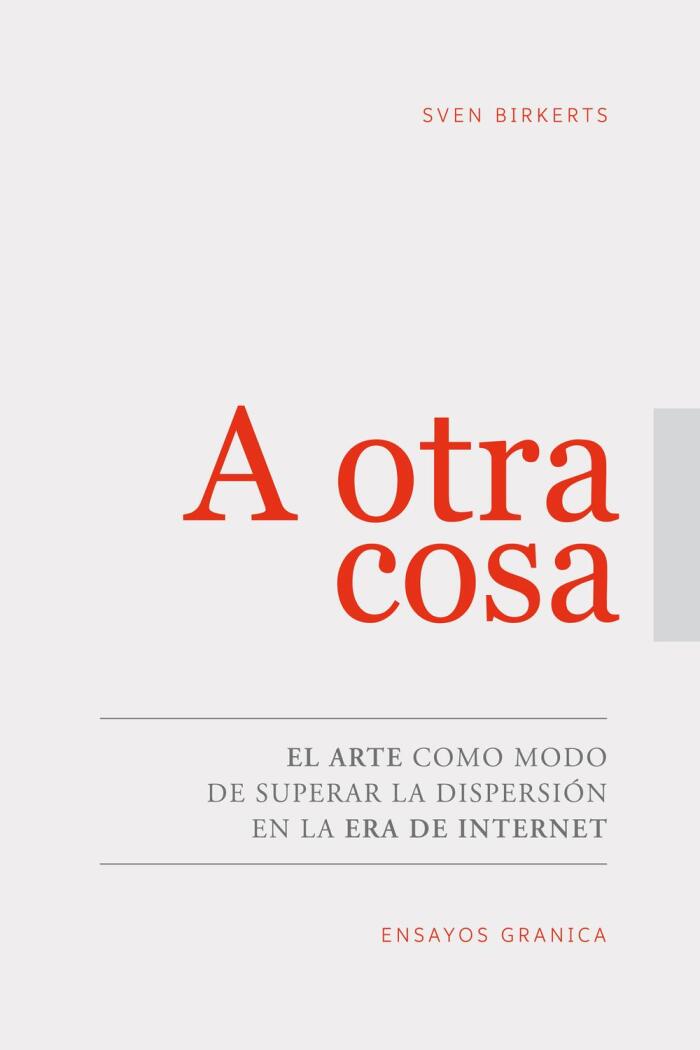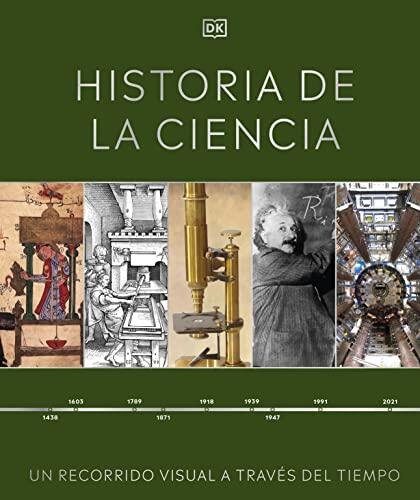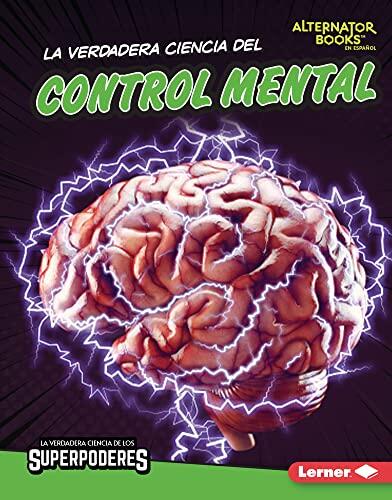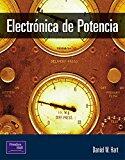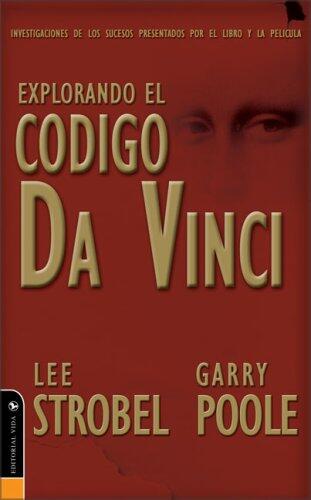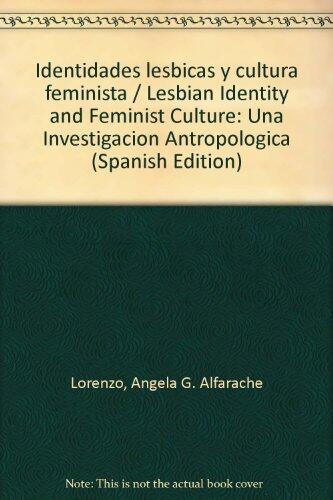
Identidades lesbicas y cultura feminista / Lesbian Identity and Feminist Culture: Una Investigacion Antropologica
によって
Angela G. Alfarache Lorenzo
まだ評価がありません
Science & Technology
LGBTQ+
形式
ペーパーバック
ページ数
348
言語
スペイン語
公開されました
Jan 1, 2004
出版社
Plaza y Valdes
版
1
ISBN-10
9707222514
ISBN-13
9789707222519
説明
Angela G. Alfarache Lorenzo explores the intricate interplay between lesbian identities and feminist culture through an anthropological lens. The work delves into the experiences and narratives of lesbians, illuminating how their identities are shaped and influenced by feminist movements. This examination goes beyond surface discussions to engage with deeper cultural implications and the transformative power of these identities in various contexts.
Lorenzo meticulously weaves together personal and collective stories, providing a nuanced look at the challenges and triumphs faced by lesbian communities. By incorporating extensive research and comprehensive bibliographical references, the author sheds light on the historical and social forces that have shaped these identities over time. The writing invites readers to reflect on their own perceptions of gender and sexuality, prompting a broader dialogue about intersectionality and identity politics.
The rigorous analysis presented offers valuable insights for scholars, activists, and anyone interested in the dynamics of gender, sexuality, and culture. This exploration not only contributes to academic discourse but also serves as a crucial resource for understanding the evolving landscape of feminist thought and its connection to LGBTQ+ identities.
Lorenzo meticulously weaves together personal and collective stories, providing a nuanced look at the challenges and triumphs faced by lesbian communities. By incorporating extensive research and comprehensive bibliographical references, the author sheds light on the historical and social forces that have shaped these identities over time. The writing invites readers to reflect on their own perceptions of gender and sexuality, prompting a broader dialogue about intersectionality and identity politics.
The rigorous analysis presented offers valuable insights for scholars, activists, and anyone interested in the dynamics of gender, sexuality, and culture. This exploration not only contributes to academic discourse but also serves as a crucial resource for understanding the evolving landscape of feminist thought and its connection to LGBTQ+ identities.
